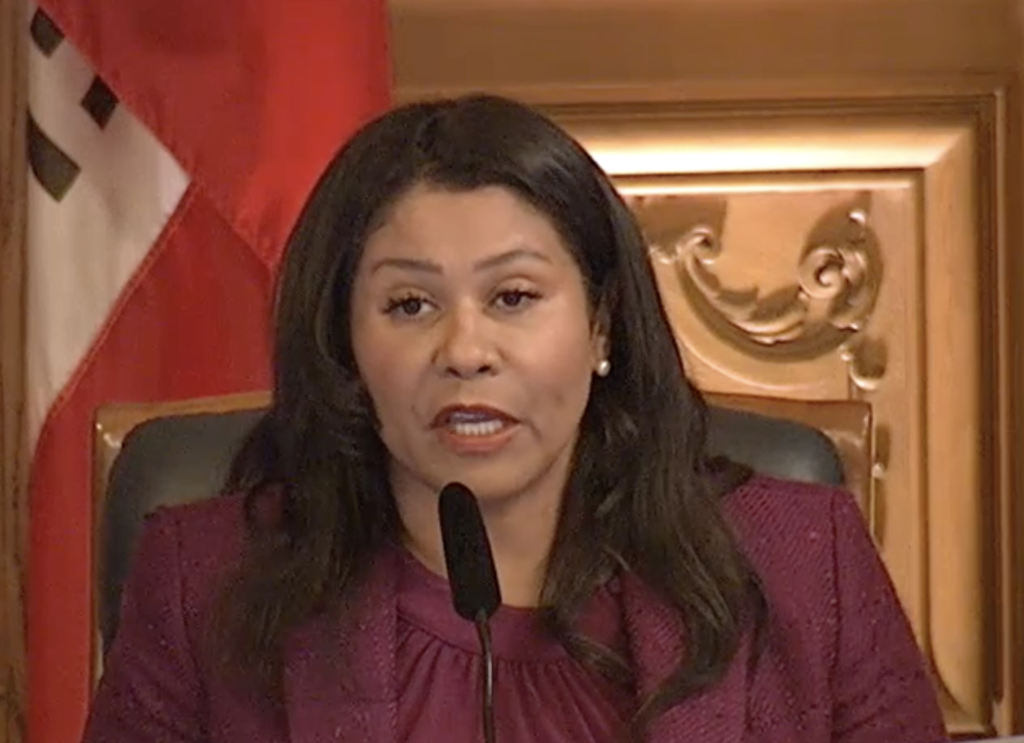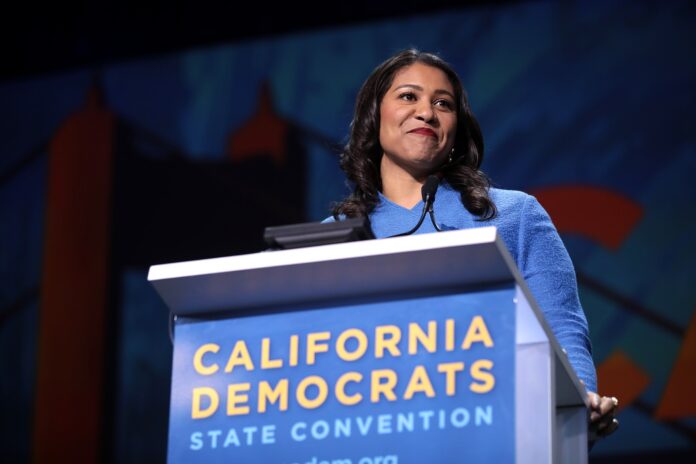Public corruption is making headlines all over the country, with New York Mayor Eric Adams now under indictment for bribery, California Attorney General Rob Bonta facing questions about his connections to a biodiesel company run by a man accused of financial crimes, and the latest City Hall scandal continues to grow.
Adams, as of today, maintains his innocence and says he won’t resign. Bonta says it was all above board.

Breed, in a remarkable statement, said at the last debate that the city has 34,000 employees “and sometimes we have issues with some of them.” (The people in prison, facing prison, or forced to resign were mostly high-level department heads who reported to her and who were her close friends.)
All of this should make voters angry, although we don’t know yet how the City Hall scandals will impact the mayor’s race.
(It may very well help Prop. C, the measure by Sup. Aaron Peskin calling for an inspector general to take on corruption.)
It also makes me sad.
Sad because the Dreamkeeper Initiative was a good idea, a way to (at first) divert money from the police to organizations that help the Black community. (Breed quickly backed away from that stance, and is now complaining about the supervisors not adequately funding the police.) The money, like a lot of money the city gives to nonprofits, has done a lot of good.
Sad because this just gives Mark Farrell and Daniel Lurie more grounds to attack the robust and valuable nonprofit infrastructure of San Francisco, which handles a huge amount of the on-the-ground services for the city’s most vulnerable.
Sad because all of this erodes public faith in government—and without public faith in government, we as a society can’t even begin to solve the existential crises of climate change and economic inequality.
I know everyone needs to do their part, but we are not going to solve climate change by taking shorter showers and buying electric cars. That requires massive collective action—government action—to regulate carbon emissions on a local, state, national, and global scale.
Addressing economic inequality, which is the main reason for the housing crisis, homelessness, and the decimation of the middle class—and the political anger that has created scary right-wing populism—can only be addressed with higher taxes on the very rich.
And if people think government is corrupt, they aren’t going to want to see tax hikes (even if most of us will never pay higher taxes if we create a progressive system) and they aren’t going to trust new regulations.
I had a really gut-wrenching moment years ago, when Willie Brown was mayor of San Francisco, and I was interviewing a pretty progressive candidate for assessor, who had some good ideas about bringing more money into the city.
But, he told me, he wasn’t sure he wanted to do that, “because Willie Brown will just waste it on his cronies and corruption.”
That narrative is terrible for everything progressives care about.
I know government will never be perfect. Back when I was on the Board of Trustees of my alma mater, Wesleyan University, I complained that tuition kept going up when there was administrative waste. The president told me: “There is no such thing as a $25 million university budget that doesn’t have some waste in it. There’s also no such thing as a $25 million university budget that is missing things that should be in there.”
You can’t run a $14 billion city without some waste, some mismanagement, some spending that shouldn’t have happened.
But you can prevent a culture of systemic, low-level corruption that has plagued this city under Brown, Gavin Newsom, Ed Lee, and Breed, who have encouraged or tolerated this sort of behavior, given jobs to friends (and then not held then to even reasonable standards), and resisted any serious oversight.
Brown famously never used email (“the ‘e’ in email stands for evidence”). Mayor Ed Lee developed a broad policy of deleting records. Breed is now, perhaps illegally, deleting text messages that could give the public a sense of what she is doing behind the scenes. Her hand-picked city attorney, David Chiu, is allowing that to happen (the previous occupant of that office, Dennis Herrera, made it clear to local officials that text messages from a personal phone used for public business were public records).
Former Human Rights Commission Director Sheryl Davis, who has resigned, has complained about the bureaucracy that interferes with the ability of nonprofits to literally save lives. I get it.
I also get that all of these candidates for mayor who want to eliminate regulations on housing and development are now saying they want more regulations on nonprofits. It’s ironic: The current regulations and rules exist for a reason, and one of the reasons is to avoid corruption. And for-profit corporations do more damage on a regular basis, as a matter of intent, than government and the nonprofit sector do on their worst days.
But what matters is the narrative that has been created about government and the nonprofit sector being corrupt—and that’s going to hurt us all, deeply, in this election and the next few years.
That’s why corruption matters—and why Breed, by allowing this to happen, has deeply damaged the city.




